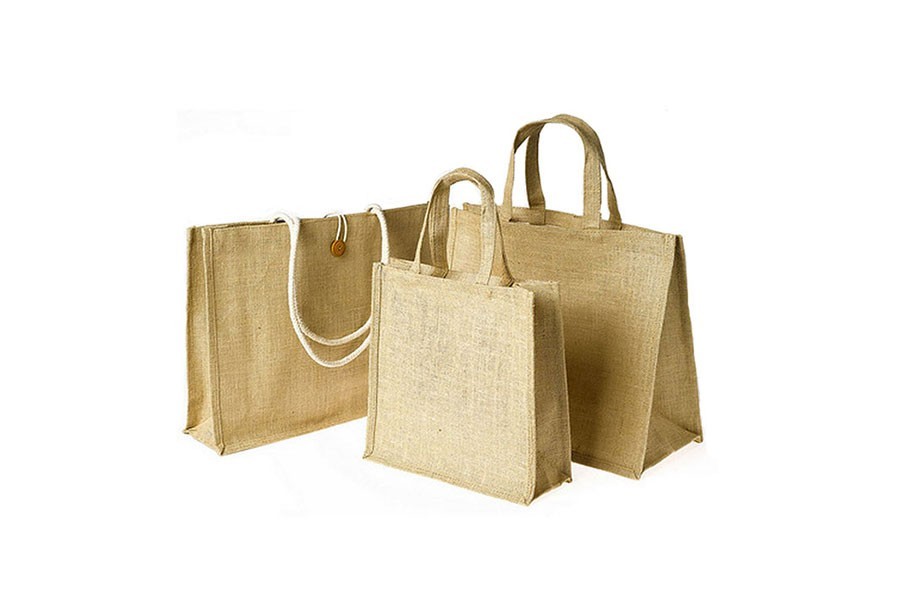The Indian anti-dumping authority has again extended the timeframe for responding to its questionnaire by Bangladeshi jute bag exporters for anti-circumvention investigation.
The fresh deadline, fixed by the Indian Directorate General of Anti-Dumping and Allied Duties (DGAD), is June 08, 2018. The DGAD issued a notification to this effect on May 16.
Earlier, the Indian authority extended the timeframe from April 30 to May 23 last for providing necessary information against their queries.
Circumvention of anti-dumping duty takes place when exporters adopt different techniques to avoid the duty levied on export of certain goods.
Abdul Barik Khan, secretary of Bangladesh Jute Mills Association (BJMA), said: "The Indian government has changed the timeframe for submitting information following a request by the Bangladeshi jute bag exporters."
The exporters are taking preparation to meet the deadline for providing required information regarding anti-circumvention investigation, he mentioned.
"We think the exporters will be able to submit required data and information within the DGAD-stipulated timeframe," he added.
The DGAD launched the anti-circumvention investigation in March last on import of jute bags from Bangladesh.
As part of the move, the organisation sent the questionnaire to more than 260 jute bag exporters to provide necessary information. It fixed the timeframe from March 20 to April 30 to give answer to their questions.
According to the DGAD notification: "The authority taking note of interest of various producers/ exporters to participate and their request for extension of time has considered granting extension of time to file response to questionnaire by 08 June, 2018. All interested parties may therefore file response by June 08."
When contacted, Abdul Latif, assistant chief of Bangladesh Tariff Commission (BTC), said they have already trained up the exporters concerned on filling up the questionnaire perfectly.
"Already some of the exporters have completed their questionnaire for sending it to the DGAD."
Both the private and the state-run jute mills have taken a good preparation to reply to the questionnaire, sent by Indian authority, he added.
The DGAD has initiated the move following an application filed by the Indian Jute Mills Association (IJMA).
The IJMA alleged that Bangladesh was exporting jute sacking cloths to avoid or circumvent the anti-dumping duty imposed on jute sacking bags.
On January 05 last, the Indian Ministry of Finance slapped anti-dumping duty (ADD) ranging from US$ 19 to $ 351.72 per tonne on import of jute goods from Bangladesh for five years.
The products, subjected to the ADD, are jute yarn, twine, hessian fabrics and jute sacking bags.
Among the items, jute sacking bag is facing the ADD ranging from $ 126 to $ 138 per tonne. However, jute sacking cloth was excluded from the list.
The BJMA secretary further said Bangladesh's earnings from export of jute goods has declined significantly following imposition of the Indian anti-dumping duty. The fresh move of DGAD will bring another blow to their business.
The government should start negotiations with the Indian government to solve the issue, he added.
Bangladesh exports more than 0.8 million tonnes of jute goods across the globe. Of the total volume, 0.2 million to 0.25 million tonnes are exported to India, according to the exporters.
Bangladesh's imports from India cost $ 6.16 billion in 2016-17 fiscal year, while its exports fetched only $ 672.40 million, the central bank data showed.
At present, a total of 170 jute mills are running under BJMA, 94 under Bangladesh Jute Spinners Association (BJSA), and 25 under Bangladesh Jute Mills Corporation (BJMC).


